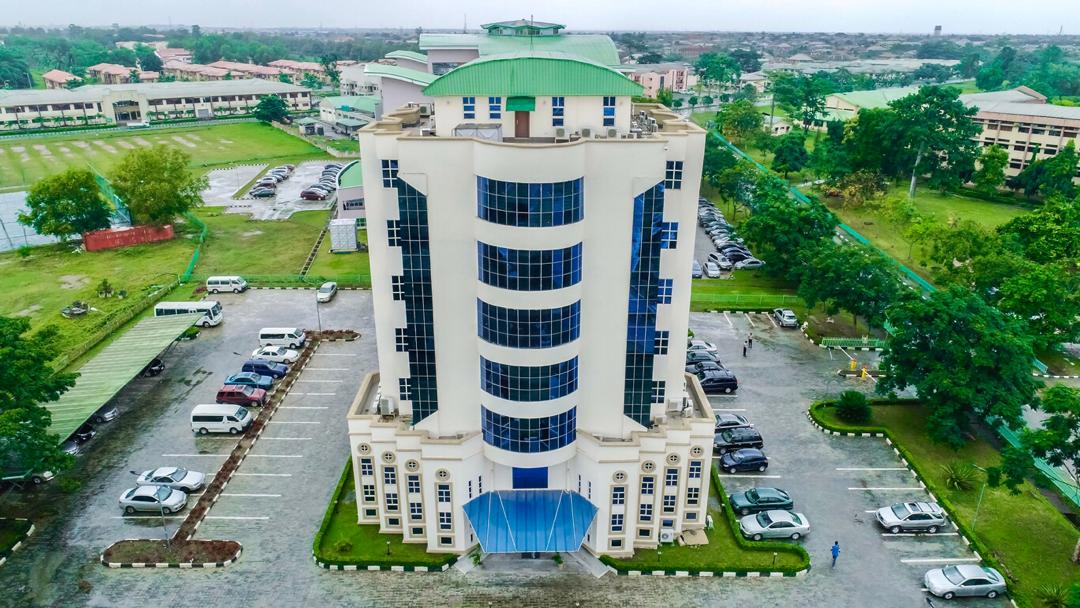Overview
Covenant University remains at the forefront of addressing climate change, actively engaging in initiatives to educate and empower its community and beyond. The university is dedicated to Sustainable Climate Initiatives, focusing on climate action through awareness, collaboration, and proactive strategies.








